-

走出软件作坊
《走出软件作坊》这本书提供了解决国内小型IT企业发展的过程中会遇到的项目管理问题的若干方法。主要以作者自身多年工作的宝贵经验,来谈软件公司的项目管理和团队建设,包括对中小软件公司软件开发组织结构、团队文化、软件过程管理、团队激励、绩效考核、职业发展规划、未来业界发展趋势、个人素质提升等,具有实际指导意义。主要读者对象是IT企业的研发主管、项目经理和软件开人中同,以及即将到IT企业工作的高校毕业生。 -
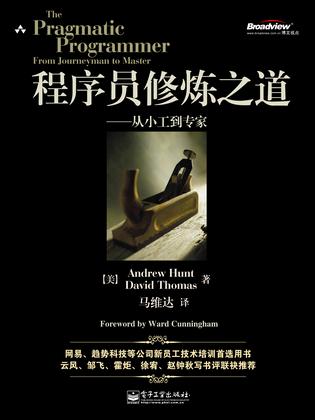
程序员修炼之道
《程序员修炼之道》由一系列的独立的部分组成,涵盖的主题从个人责任、职业发展,直到用于使代码保持灵活、并且易于改编和复用的各种架构技术。利用许多富有娱乐性的奇闻轶事、有思想性的例子以及有趣的类比,全面阐释了软件开发的许多不同方面的最佳实践和重大陷阱。无论你是初学者,是有经验的程序员,还是软件项目经理,本书都适合你阅读。 -
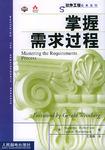
掌握需求过程
本书是为那些希望得到正确需求的人而写的。 《掌握需求过程》一书用一个接一个的步骤、一个接一个的模板、一个接一个的例子,向我们展示了一个经过业界检验的需求收集和验证过程。它为精确地发现顾客所需所想提供了技巧和深刻见解。 本书共分14章。第1章介绍了需求说明规范的模板与需求框架。第2章概述了Volere过程。第3章介绍了让需求项目有一个成功和有效的开始所需的东西。第4章介绍了如何确定产品的合适组成部分以及如何确定要构造的最好产品。第5章至第7章节介绍了如何网罗需求以及功能性需求和非功能性需求。第8章至第13章介绍了需求说明编写,以及相关内容,如验收标准、质量关、原型和场景、重用需求、鉴定需求规格说明书等。最后一章讨论了写好需求之后该做的事。两个附录给出了完整的需求过程模型和编写需求说明规范的模板。 本书论述了软件开发中的重要课题——如何得到正确需求。本书可作为计算机专业高年级本科生及研究生掌握需求过程的教材,也可作为软件开发人员在开发过程中随时参考手册。 -
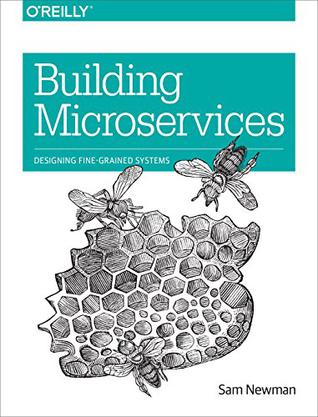
Building Microservices
Over the past 10 years, distributed systems have become more fine-grained. From the large multi-million line long monolithic applications, we are now seeing the benefits of smaller self-contained services. Heavy-weight, hard to change Service Oriented Architectures are not the answer; instead we are now seeing finer-grained systems consisting of collaborating microservices. Easier to change, deploy, and if required retire, organizations which are in the right position to take advantage of them are yielding significant benefits. This book takes an holistic view of the things you need to be cognizant of in order to pull this off. It covers just enough understanding of technology, architecture, operations and organization to show you how to move towards finer-grained systems. -
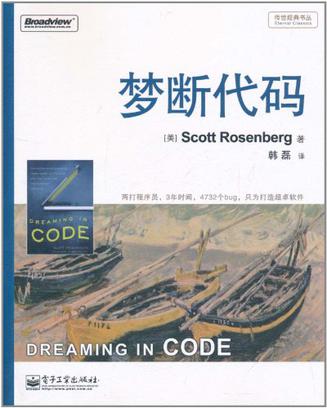
梦断代码
《梦断代码》内容简介:软件乃是人类自以为最有把握,实则最难掌控的技术。《梦断代码》作者罗森伯格对OSAF主持的Chandler项目进行田野调查,跟踪经年,试图借由Chandler项目的开发过程揭示软件开发中的一些根本性大问题。 《梦断代码》是讲一事,也是讲百千事;是写一软件,也是写百千软件;是写一群人,也是写百千万人。任何一个在软件领域稍有经验的技术人员看完《梦断代码》,必掩卷长叹:做软件难。 -
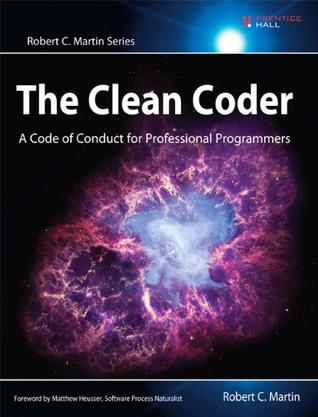
The Clean Coder
The Much-Anticipated Follow-Up to “Uncle Bob’s” Highly Praised Clean Code Programmers who endure and succeed amidst swirling uncertainty and nonstop pressure share a common attribute: They care deeply about the practice of creating software. They treat it as a craft. They are professionals. In The Clean Coder: A Code of Conduct for Professional Programmers, legendary software expert Robert C. Martin introduces the disciplines, techniques, tools, and practices of true software craftsmanship. This book is packed with practical advice—about everything from estimating and coding to refactoring and testing. It covers much more than technique: It is about attitude. Martin shows how to approach software development with honor, self-respect, and pride; work well and work clean; communicate and estimate faithfully; face difficult decisions with clarity and honesty; and understand that deep knowledge comes with a responsibility to act. Readers will learn What it means to behave as a true software craftsman How to deal with conflict, tight schedules, and unreasonable managers How to get into the flow of coding, and get past writer’s block How to handle unrelenting pressure and avoid burnout How to combine enduring attitudes with new development paradigms How to manage your time, and avoid blind alleys, marshes, bogs, and swamps How to foster environments where programmers and teams can thrive When to say “No”—and how to say it When to say “Yes”—and what yes really means Great software is something to marvel at: powerful, elegant, functional, a pleasure to work with as both a developer and as a user. Great software isn’t written by machines. It is written by professionals with an unshakable commitment to craftsmanship. The Clean Coder will help you become one of them—and earn the pride and fulfillment that they alone possess.